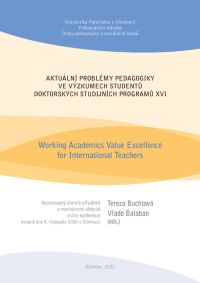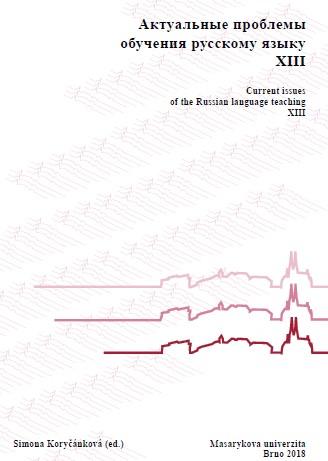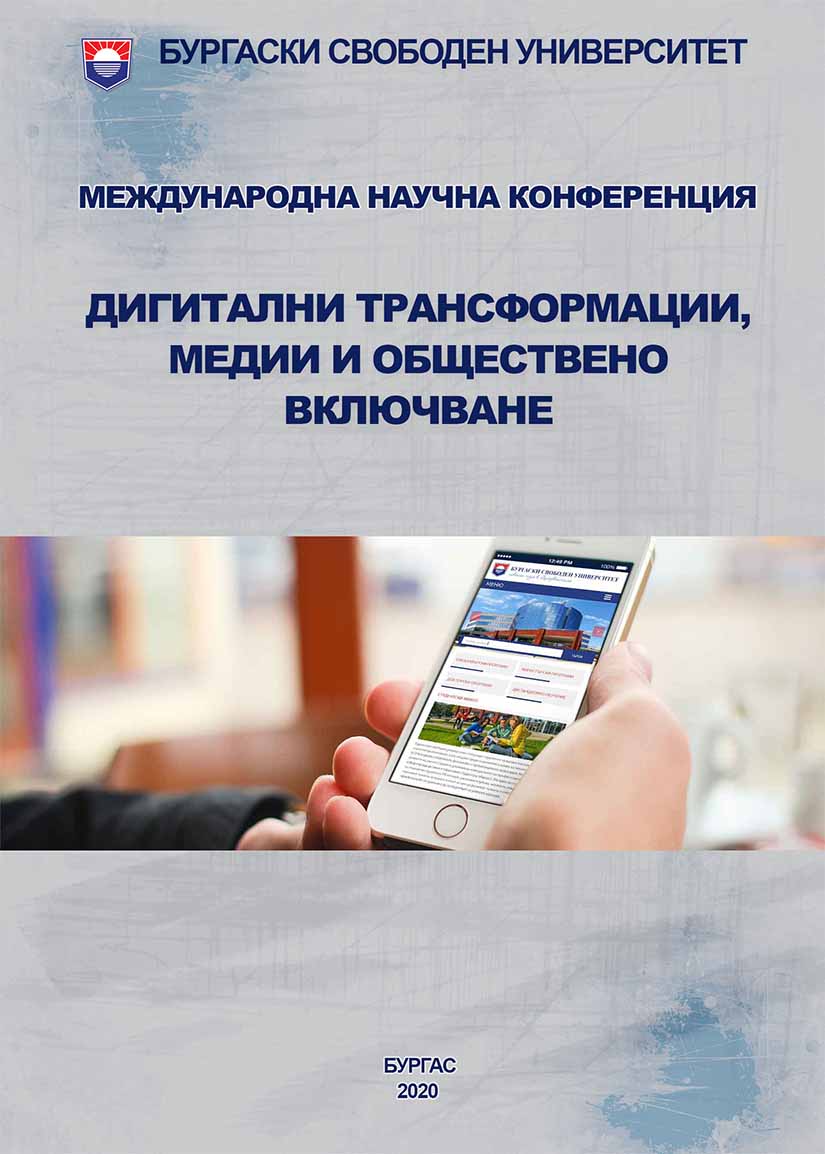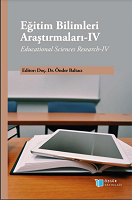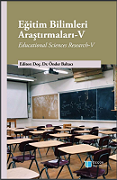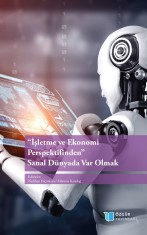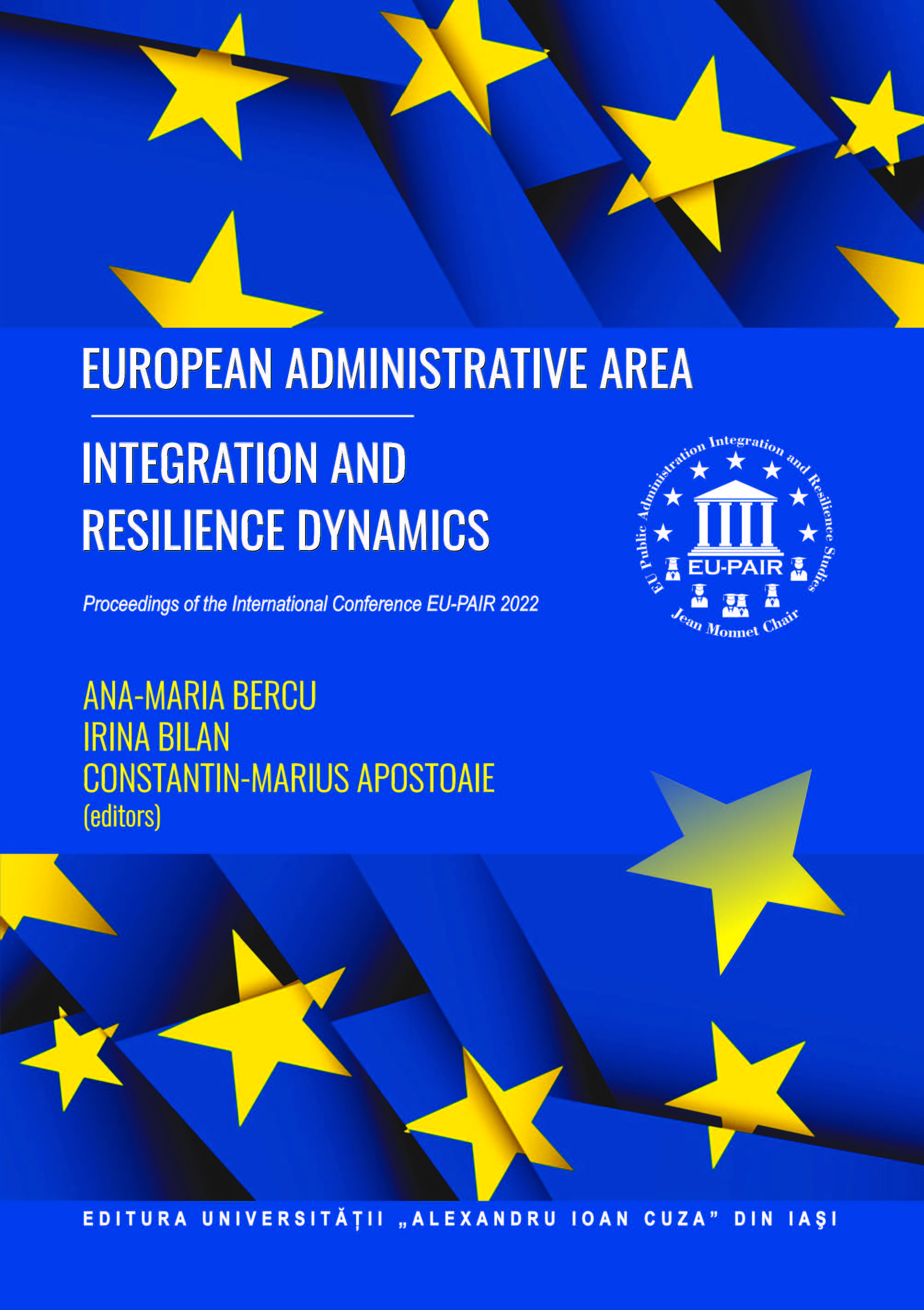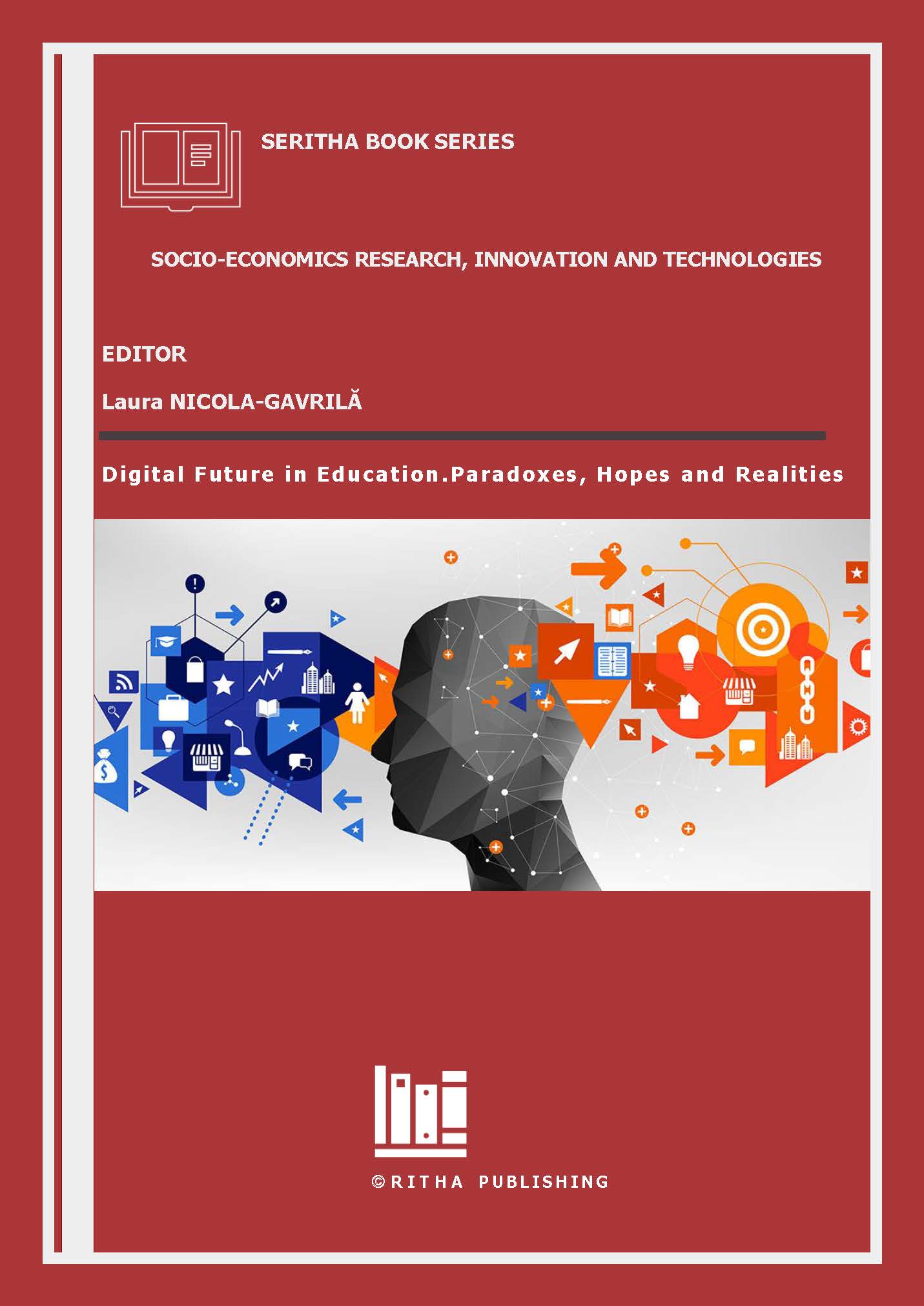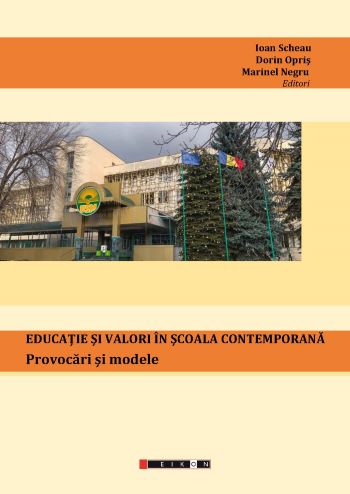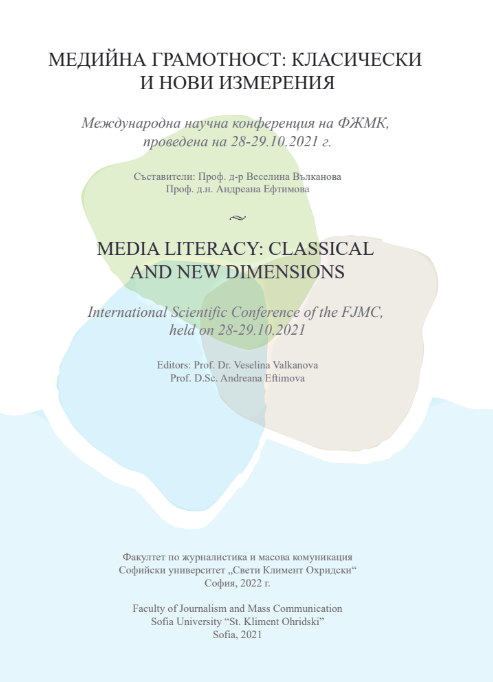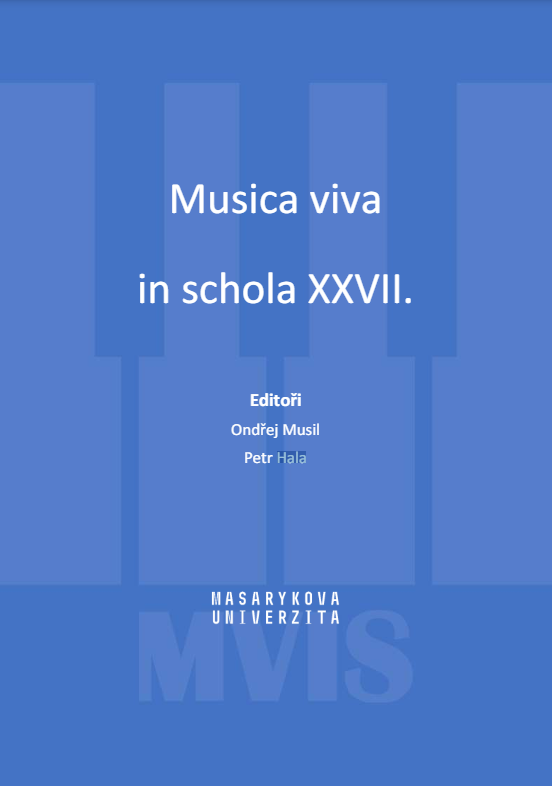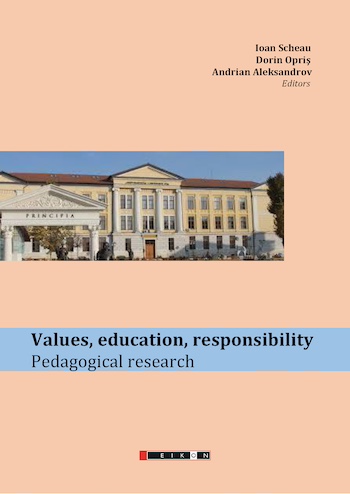Author(s): Sevgi Karabıyık,Halit Karalar,Cabir Serhat Aydın / Language(s): Turkish
Publication Year: 0
Digital literacy is an essential skill that teachers need to effectively use technology in their classrooms. The relationship between middle school mathematics teachers' digital literacy and their levels of technology use in the classroom is important for facilitating the effective use of technology in educational processes. However, there is a lack of sufficient empirical studies examining the meaningful relationship between these two skills. This study aims to investigate the relationship between middle school mathematics teachers' digital literacy and their levels of technology use in the classroom. The research was conducted using a correlational survey model, and 132 middle school teachers participated voluntarily, selected through convenient sampling method. Data were collected using a personal information form, a digital literacy scale, and a scale for determining the level of technology use in mathematics classes. The collected data were analyzed using descriptive statistics, Pearson correlation coefficient analysis, and multiple linear regression analysis. The research findings indicate that middle school mathematics teachers have a high level of digital literacy and a moderate level of technology use in mathematics classes. Furthermore, a significant positive correlation at a moderate level was found between these two skills. The study also revealed that the sub-dimensions of digital literacy, namely attitude, technical, cognitive, and social variables, together significantly predicted the levels of technology use in middle school mathematics teachers' classes, explaining 36% of the variance in technology use. According to the importance order, it was determined that the social, attitude, and cognitive sub-dimensions were significant predictors of technology use in mathematics teachers' classes, while the technical sub-dimension was not a significant predictor.
More...
